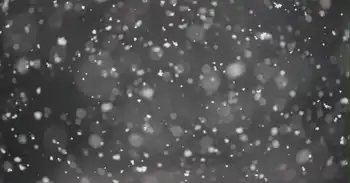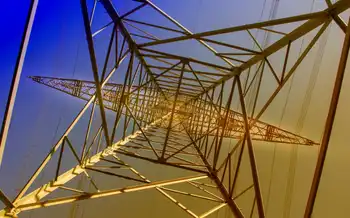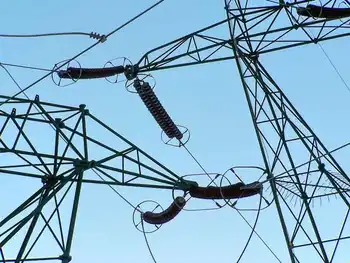Sask. Opposition assails gov't on utility promise
REGINA - - The opposition is accusing the government of breaking a key election promise. The Saskatchewan Party says the NDP isn't providing people the least expensive utility package in the country.=
The NDP said during its re-election campaign that adding electricity, gas, telephone and auto insurance costs would give a lower total in Saskatchewan than any other part of the country.
The Saskatchewan Party compiled information from a number of Canadian cities and found that people in Regina pay more than people in the other Western cities.
"Our utility rates are competitive, but they're not at the bottom of the pack," MLA Rod Gantefoer said, "In order to achieve that, it would take a massive amount of money to make the premier's promise stand good."
In its comparison, The Saskatchewan Party placed Regina fourth cheapest with a total monthly cost of $242.19. According its figuring, the least expensive place for those utilities is Edmonton, with a monthly cost of $198.68. Next came Winnipeg with a cost of $215.46 and Kelowna with $223.63 a month.
READ THE DATA: The Saskatchewan Party's comparison tables
The government says it won't subsidize utility rates just because they aren't the lowest in Canada. Crowns management minister Pat Atkinson says the government just wants the crowns to operate as efficiently as possible.
"What we intend to do is to manage our way to the lowest utility bundle in the country," she said, "If we can't do that the people of Saskatchewan will judge us on that."
Atkinson says an independent study will figure out how the government stacks up on utility rates in the next few months, but won't factor in government subsidies in other provinces when doing the comparisons.
The Opposition says that without factoring subsidies, the comparison won't be accurate.
Related News

'Electricity out of essentially nothing': Invention creates power from falling snow
TORONTO - Scientists from University of California, Los Angeles and McMaster University have invented a nanogenerator that creates electricity from falling snow.
Most Canadians have already seen a mini-version of this, McMaster Prof. Ravi Selvaganapathy told CTV’s Your Morning. “We find that we often get shocked in the winter when it’s dry when we come in into contact with a conductive surface like a doorknob.”
The thin device works by harnessing static electricity: positively-charged, falling snow collides with the negatively-charged silicone device, which produces a charge that’s captured by an electrode.
“You separate the charges and create electricity out of essentially nothing,” Richard…




